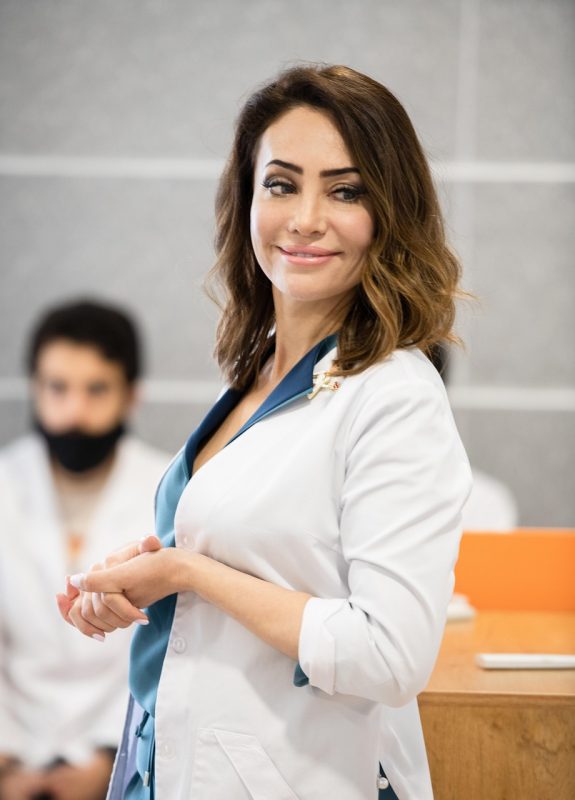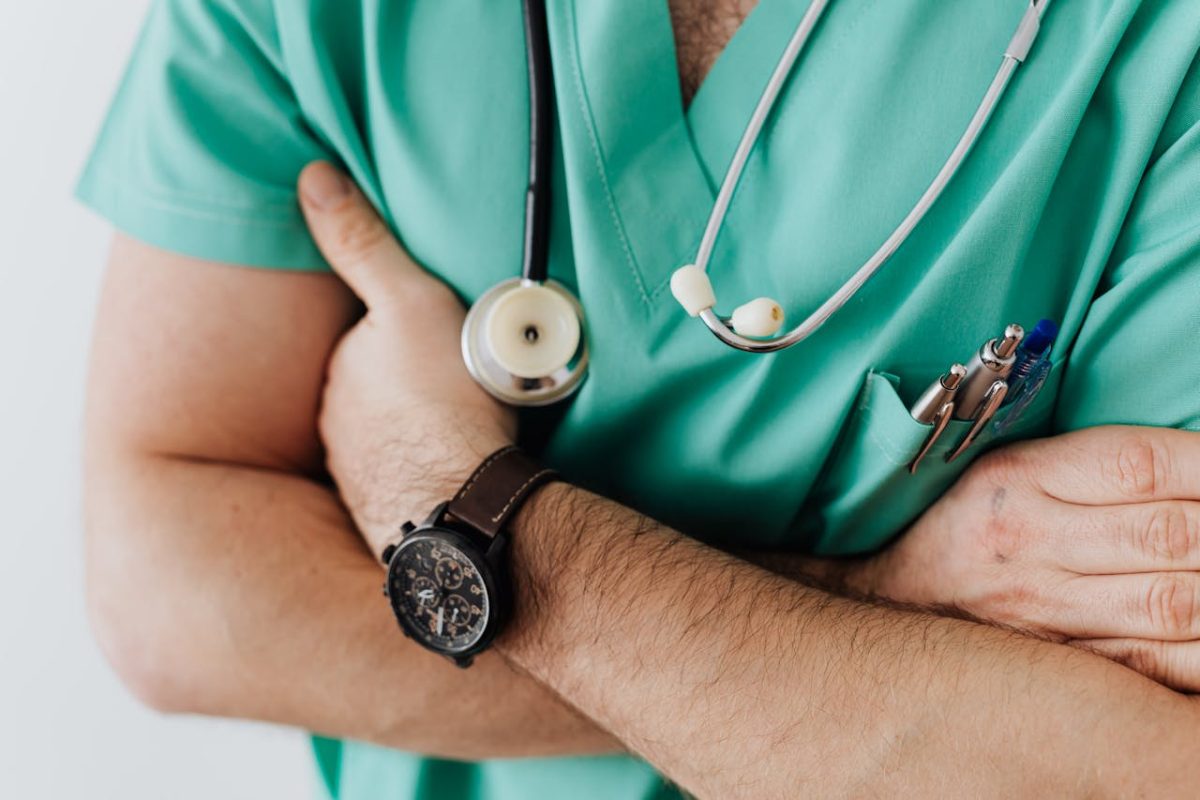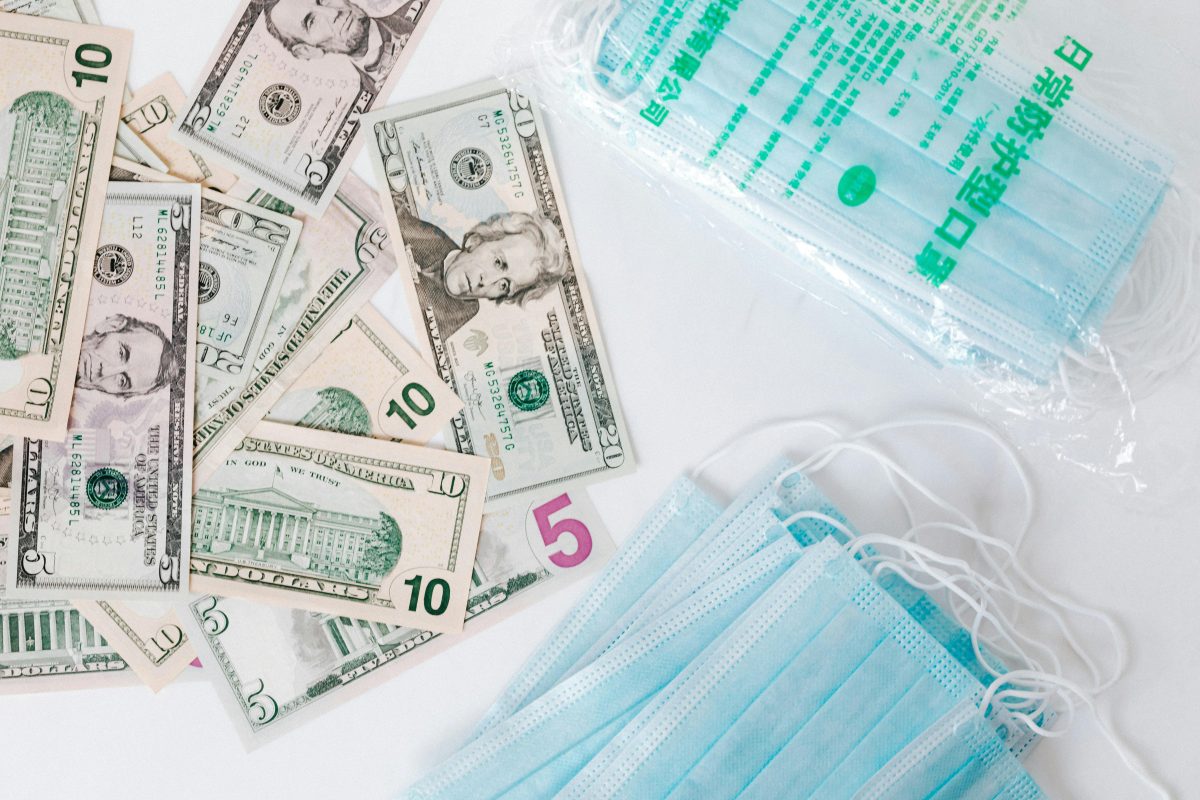Royal Philips today announced it has received a USD 15.4 million grant from the Bill & Melinda Gates Foundation to develop an artificial intelligence (AI) based application suite to improve the quality and accessibility of obstetric care in low- and middle-income countries, especially in underserved communities.
By helping front-line healthcare workers such as midwives to identify potential problems in pregnancy at an early stage, the project aims to significantly reduce the number of women who die as a result of pregnancy – currently around 830 women every day worldwide [1] – while reducing fetal mortality and morbidity.
The project plans to develop an application suite that will be deployed on Philips Handheld Ultrasound – Lumify – which is currently in widespread use in community-based mother and child care programs around the world. It also builds on the expertise of the Philips Foundation, providing access to quality healthcare for underserved communities worldwide, including a program in Kenya to educate midwives to deliver ultrasound-based antenatal pregnancy screening in village clinics, while receiving telehealth support from radiologists at distance.
“Philips is a pioneer in the use of artificial intelligence in healthcare, with many of its AI-based solutions already FDA approved,” said Joseph Frassica, Head of Philips Research Americas and Chief Medical Officer, Philips North America. “This effort to use AI to help deliver high quality pre-natal care to the vast number of women in the world who cannot easily access it is a perfect example of what we believe AI should be used for – empowering healthcare professionals to help them deliver faster and more efficient care to help improve patient outcomes.”
Enhancing skills of midwives in low and middle-income countries
AI-guided assessment of gestational age and fetal development
“Philips Handheld Ultrasound – Lumify – is a great example of how Philips is bringing diagnostic insights to the point of care to deliver on the ‘quadruple aim’ of healthcare: better health outcomes, an improved experience for patients and staff, and a lower cost of care,” said Matthijs Groot Wassink, General Manager for Access and Obstetric Ultrasound at Philips. “Supported through funding from the Bill & Melinda Gates foundation, we now have the opportunity to extend those enhanced patient and staff experiences to pregnant women and midwives throughout the world, while at the same time reducing maternal and infant mortality and morbidity, and making high quality prenatal care much more affordable in low-resource settings.”
Philips and the Philips Foundation have several ongoing programs to reduce maternal and newborn mortality in underserved communities, including a partnership with the United Nations Population Fund and the Government of Republic of the Congo and with Aga Khan University’s Center of Excellence in Women and Child Health in East Africa.
Philips is a leader in ultrasound solutions with a large global installed base and a strong track record of industry-first innovations in areas such as 3D imaging of the heart, AI-powered quantification tools, and ultra-mobile portable ultrasound solutions. Its ultrasound portfolio supports the effective and efficient delivery of care across a broad range of clinical specialties including radiology, cardiology, point-of-care and obstetrics/gynecology. Visit Philips Ultrasound Systems portfolio for more information, and join Philips at RSNA 2021 where the company will spotlight its latest portfolio of connected radiology workflow solutions and smart connected imaging systems to increase efficiency and diagnostic confidence in precision care and treatment.




